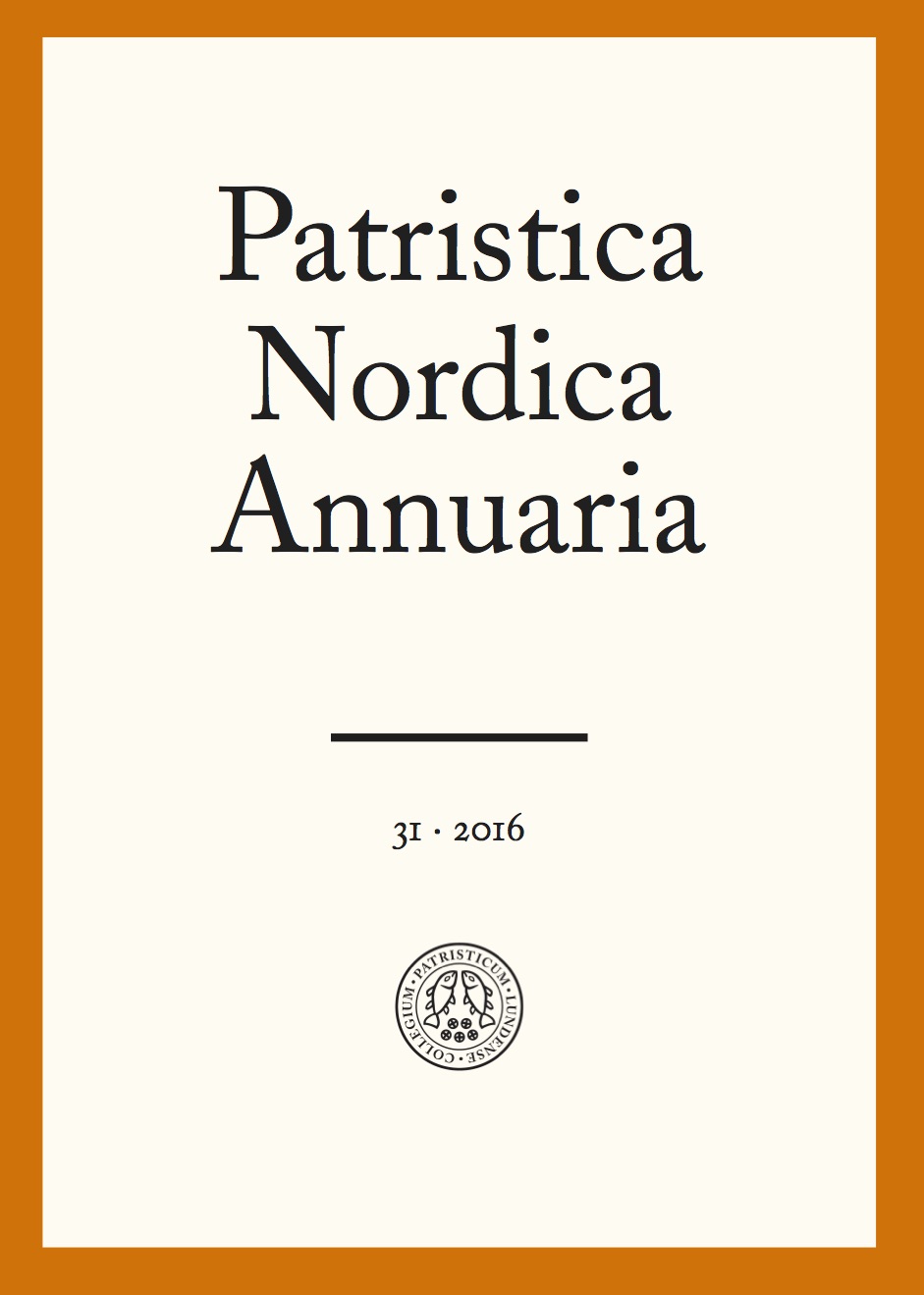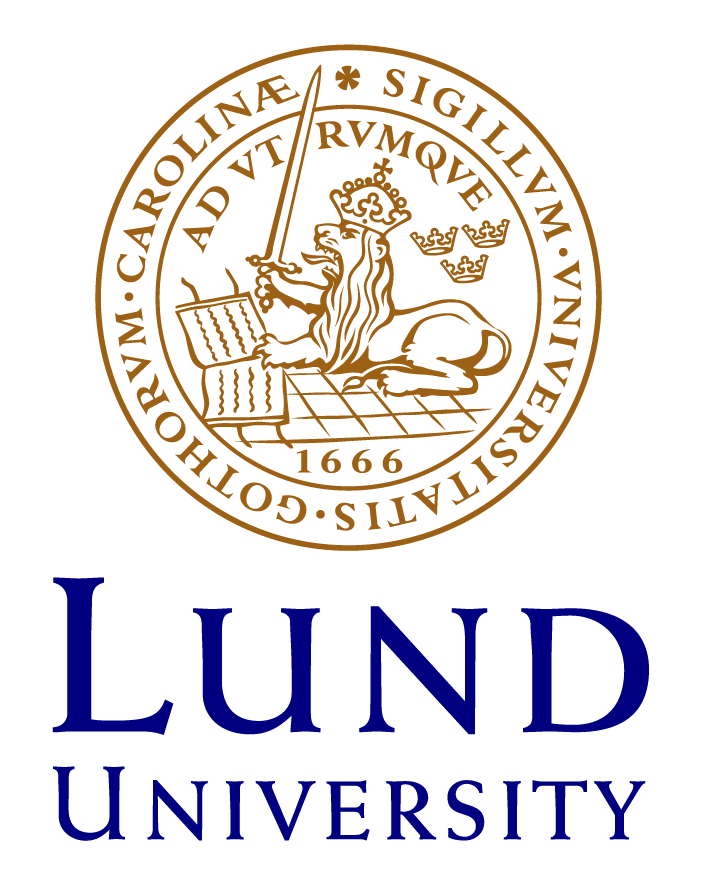Parenting in Late Antiquity
Gendered Roles in Ideology and Everyday Life
Abstract
This article is about family relationships among the Roman Christian elites of the late fourth and early fifth centuries. How did the moral principles andideologically “proper” behaviour interact with the forms which the parental relationships took in everyday social interaction? I limit my discussion to the parent–child relationships in elite families between ca. 370 and 450 CE, with the writings of John Chrysostom as my main source; these are compared with the views of other contemporary ecclesiastical and non-ecclesiastical writers. I argue that the elite children were carefully integrated into their families and into gendered social roles through the informal instruction and the practice of daily routines, in ways that frequently differed from the ideological frame- work. In this, the significance of the direct parental involvement of both moth- ers and fathers was more prominent than suggested in the earlier research.


